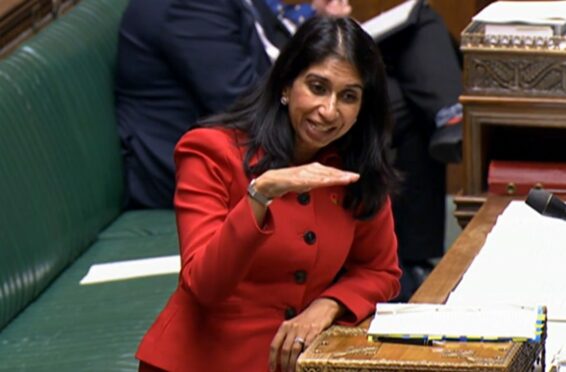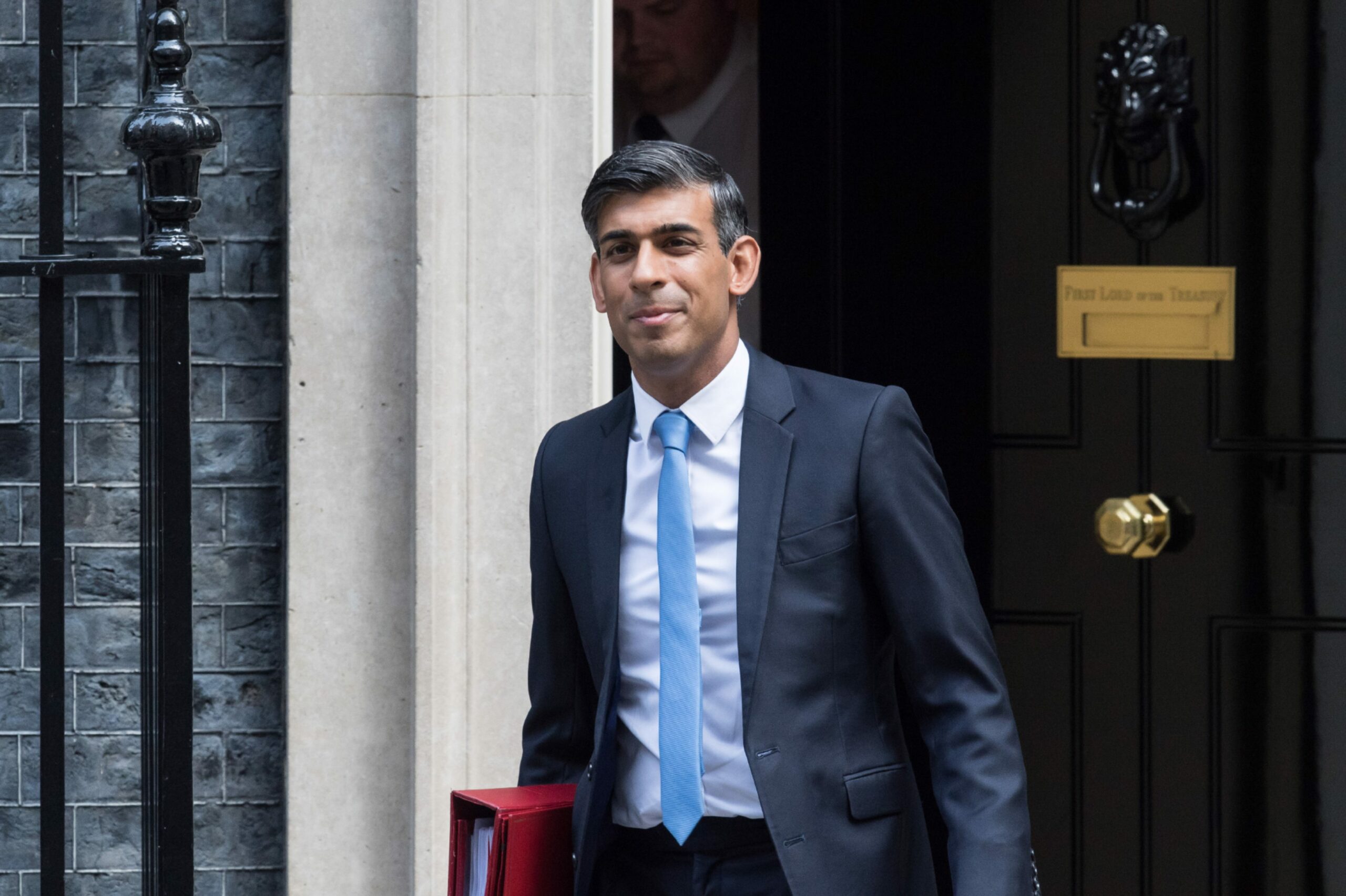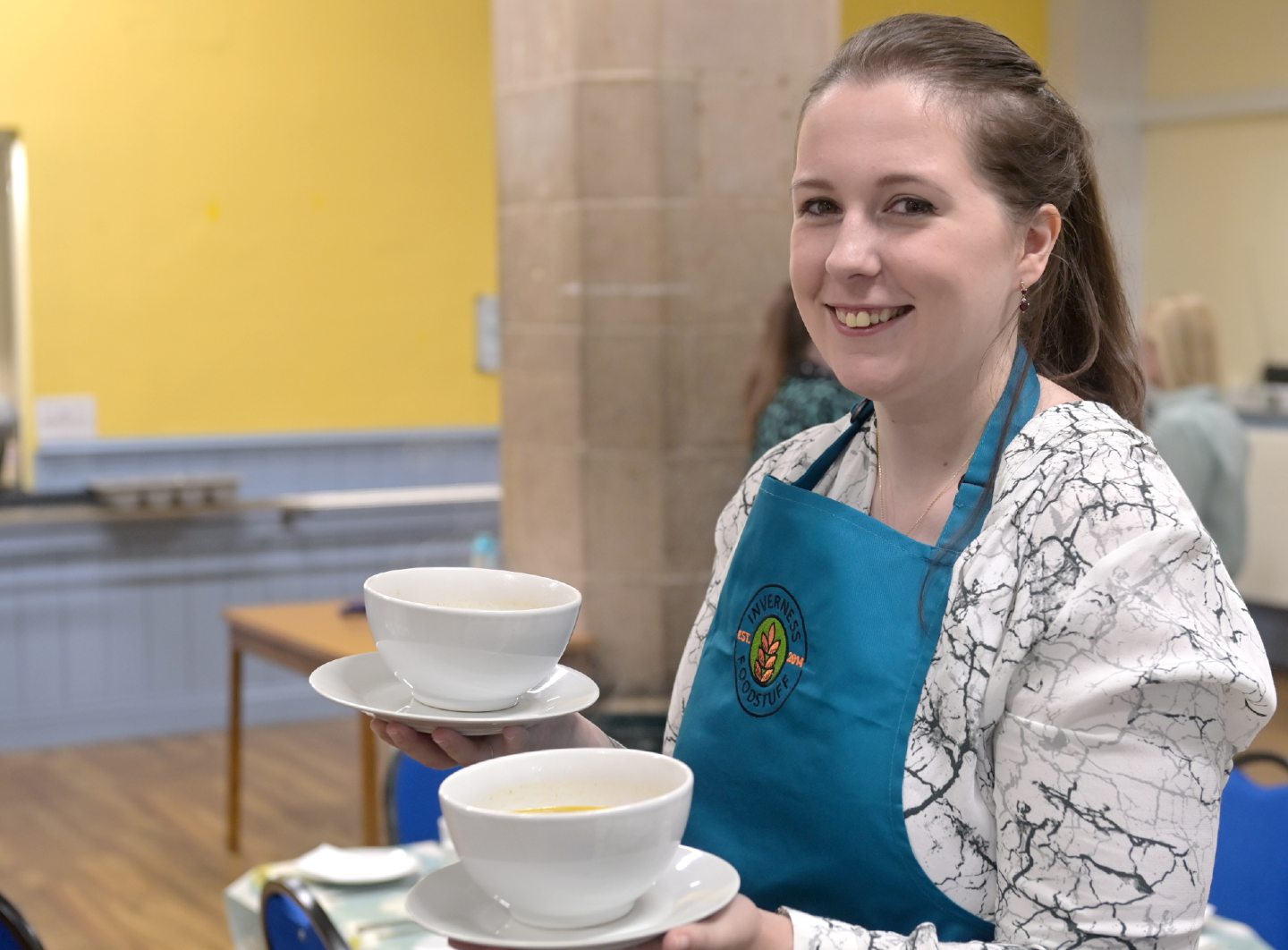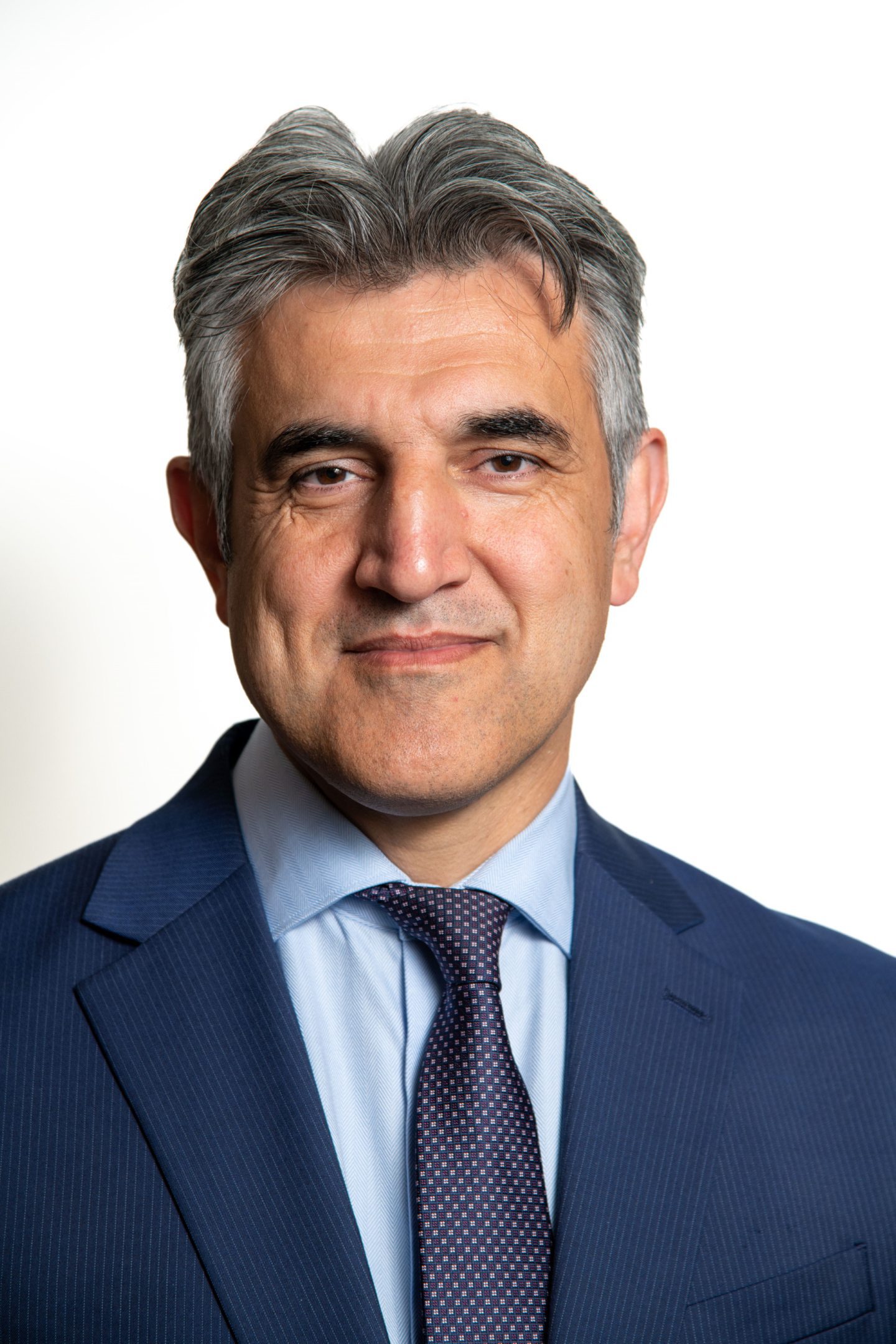It was a speech which sparked a political controversy, stretching way beyond the usual pantomime abuse which we hear at Westminster and Holyrood.
Last week, the Home Secretary, Suella Braverman, declared that multiculturalism had “failed” in Europe and, unless checked, threatened social cohesion in Britain.
Setting out what she described as the “civic argument” against illegal migration, Ms Braverman told members of a right-wing think tank in Washington: “Uncontrolled immigration, inadequate integration and a misguided dogma of multiculturalism have proven a toxic combination for Europe over the last few decades.
“It has failed because it allowed people to come to our society and live parallel lives in it. They could be in the society, but not of the society.”
The senior Cabinet minister, herself a child of migrants from Mauritius and Kenya who is currently working under a Hindu Prime Minister, Rishi Sunak, concluded: “It is no betrayal of my parents’ story to say that immigration must be controlled.”
Words were condemned
Her words were immediately condemned in some quarters and there were comparisons to Enoch Powell’s notorious “rivers of blood” speech in 1968, which proved the catalyst for a wave of race-related violence during the next two decades.
I was in London, working in the freezer department of a major supermarket in Oxford Circus, when riots erupted in Brixton in September 1985, following the shooting of Dorothy Groce by the Metropolitan Police, while they were pursuing her son, Michael, in relation to a suspected robbery and firearms offence.
In the next 48 hours, journalist David Hodge was killed and 43 civilians and 10 police officers were hurt. The tabloids, unsurprisingly, blamed the local community, the Prime Minister Margaret Thatcher expressed her disgust at the scenes of burning cars and shops being looted, and there were kneejerk responses in the weeks ahead.
But multiculturalism wasn’t to blame
As I arrived at the store the following morning, a few of us shook our heads at what had happened. But here’s the thing: those of us who were united in condemnation of the Brixton riots offered a perfect microcosm of how multiculturalism thrives.
In the stock room, there was an Indian, a Bangladeshi, a Turk, a Jamaican and a couple of Scots, myself included. Those filling the shelves were mostly from Africa, Asia and the Caribbean. Those serving at the tills were from many different backgrounds, including Belgium, The Netherlands, the United States and South Africa – and, in the latter case, this was while Nelson Mandela was still incarcerated in Robben Island.
Headed for dangerous waters
So, despite occasional outbreaks of racial trouble, which was far less frequent than violence on the football terraces, I returned to Scotland in 1988 with a greater understanding and cosmopolitan attitude to the world than when I had arrived.
And that’s why I shudder when I hear the likes of Braverman talk about sending “illegals” to Rwanda, or asking us to believe that people are feigning homosexuality to gain access to the British benefits system and blithely debates on GB TV whether Britain should leave the European Court of Human Rights: a drastic step which even Mrs Thatcher, for all her suspicion of the EU, never advocated during her Premiership.
M Tauqeer Malik, the group leader of Aberdeen Labour, shares my views on this issue. And he spelled out, with quiet precision, why we are are heading into dangerous waters.
He told me: “I must admit that, when I first heard Suella Braverman’s speech on immigration, I did not know if I should laugh or cry.
“Laugh because of the absurdity of her language and thought, or cry because our Home Secretary actually believes that the UK, a signatory to the 1951 Refugee Convention, no longer believes in its purpose of protecting the most vulnerable citizens in the world.
The benefits are there to see
“I am a refugee of Pakistan descent, my wife is Glaswegian, my four children are Aberdonians and each contributes to the rich culture of the UK in different ways.
“I have a son who is a doctor working in the NHS, a daughter who is training to be a doctor and a son and daughter who are solicitors. The Home Secretary’s remarks show how out of touch the Tories are with multicultural Britain.
“It is so sad to see how ‘small’ the UK has become under the Tories with their insular policy on immigration, especially when you think that, less than 100 years ago, the UK [and the British Empire] held sway over 25% of the world’s population.”
His words were echoed by the Scottish Government’s Migration minister and Inverness-based MSP, Emma Roddick, who was scathing about Ms Braverman.
She said: “The Home Secretary’s comments on refugees and migration were deeply shameful and do not reflect the views of people in Scotland or the Scottish Government.
We support integration of refugees
“We have repeatedly raised concerns that UK Government policies will not achieve the changes desperately needed to make our asylum and immigration systems humane, dignified and fit for purpose.
“Scotland has a history of being a welcoming nation and is stronger for our multiculturalism. We are committed to supporting the integration of refugees and people seeking asylum into our communities, and we are working closely with partners to refresh our New Scots refugee integration strategy to best provide the safety and security people need as they begin to rebuild their lives.”
‘Seeking asylum is a human right’
Sabir Zazai, the chief executive of the Scottish Refugee Council, which has been involved in helping people from such disparate backgrounds as Afghanistan, Iraq and Ukraine, is among those alarmed at the incendiary language in the ongoing debate.
He said: “We are horrified that Suella Braverman is suggesting that historic protections are dismantled, and our humanitarian obligations denied.
“Seeking asylum is a human right and one that must be upheld, no matter how a person fled their country or their circumstances.
“It is the broken asylum system in the UK that needs reform, not the UN Refugee Convention. Policies such as the Illegal Migration Act need to be repealed to make way for workable laws which allow people who have fled their homes to build new lives safely, with dignity and respect.”
The Scottish Conservatives were approached for a response.




